
I have been a bookworm my entire life.
In fact, I can’t recall a single moment in my increasingly-long life where I haven’t found inestimable pleasure in losing myself in the worlds contained within the thousands of books that have kept me company through the good and bad parts of being alive on planet Earth.
There is something innately soothing about lying back on my bed or a couch, or sprawling across the floor on my stomach (all too rare these days, thank you stupid bad back), cracking up a book ripe with all kinds of storytelling possibilities (I just love the attendant thrill of anticipation) and falling into the embrace of a particular author and their (hopefully) wholly-engaging tale.
It is one of life’s great pleasures, without which I would be considerably poorer, and after a year when I have read some 70 books, I have miraculously managed to pick that stole me away from the at-times trying world around me, so wholly and completely that for the time I was reading, they felt like all of existence.
Which is, really, how books have always been, and I suspect will always be, for me.
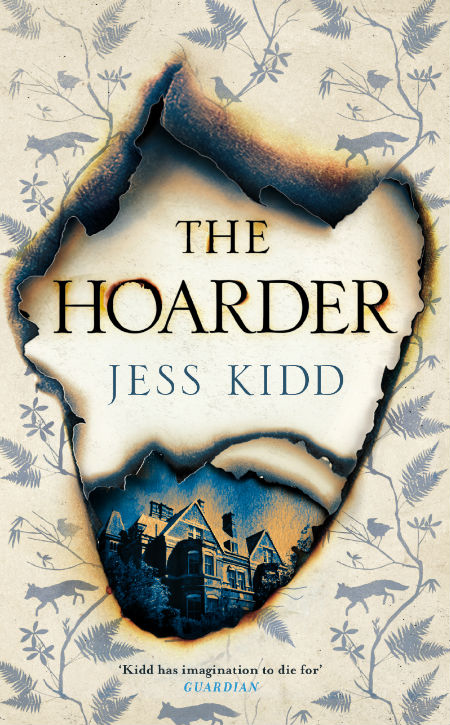
“The Hoarder is a beautiful book, possessed of the kind of humanity in the friendship between Cathal and Maud (and also Maud and Renata) that is sorely lacking in the lives of many of the other people in the book, all of whom, for one reason or another have chosen life options far darker and more self-serving than the two appealing protagonists.
“It is impossible to walk away from this book without the poetry of it all happily subsuming you, proof, if ever you needed it, that life can be both magical and grounded, uplifting and grim all at once, and that for all the darker places and twisted urges that something quite wonderful can emerge, even if only for a moment.”
Here’s my full review of The Hoarder.
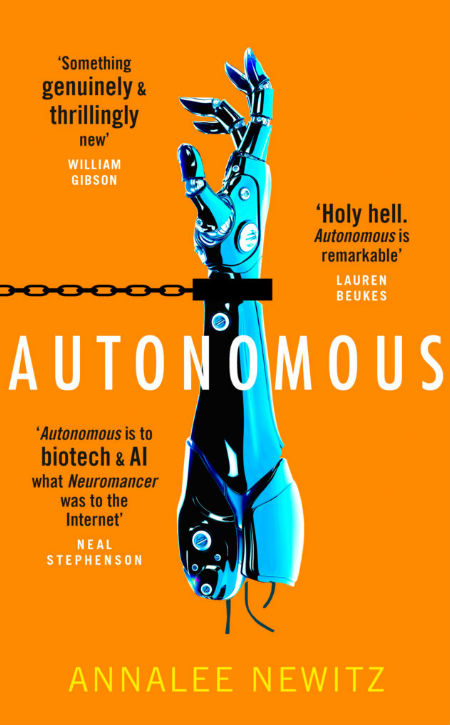
“Want to get someone to cease being a sheep and think again about the rules and regimes that govern their life? Hand them Newitz’s immensely-enjoyable, evocatively-delivered debut which proves you can have your full-speed ahead plot and pause to think things through too.
“Maybe if more of us listened to its expertly and well-delivered message, the future described in Autonomous, one in which corporations rule and humanity is lost among shareholdings and patents, may just be avoidable, a heartening result for any of us who give a damn about what it really means to be human.”
Here’s my full review of Autonomous.
The Space Between the Stars by Anne Corlett
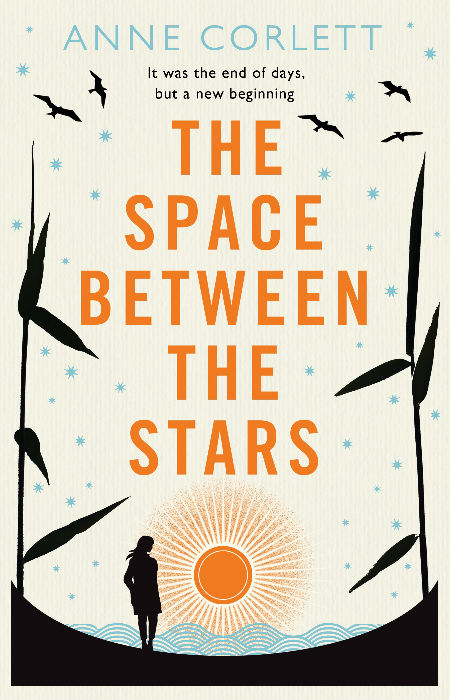
“This is readily accessible but intelligent, emotionally-resonant science fiction that excels in what the genre is more inclined to – hold a mirror up to humanity as its best and worst and see what reflects back.
“That it isn’t horribly damning, for all the flaws and foibles on display, says a great deal about Corlett’s outlook, but also about the fact that humanity, for all of our capacity to destroy and disable, for hopelessness and cynicism, is also capable of moving forward in ways that onlookers might find surprising.
“Life is a messy, complicated business, whether we’re paying bills or running for our lives, and Corlett captures all this, and so much more in The Space Between the Stars, helping us to understand ourselves just that little better, lessons that you can only hope won’t find their true reward in a situation as apocalyptically dire as this one anytime soon (but if they do, rest assured we might emerge at the other end, if not fine, then not as badly off as we imagined).”
Here’s my full review of The Space Between the Stars.
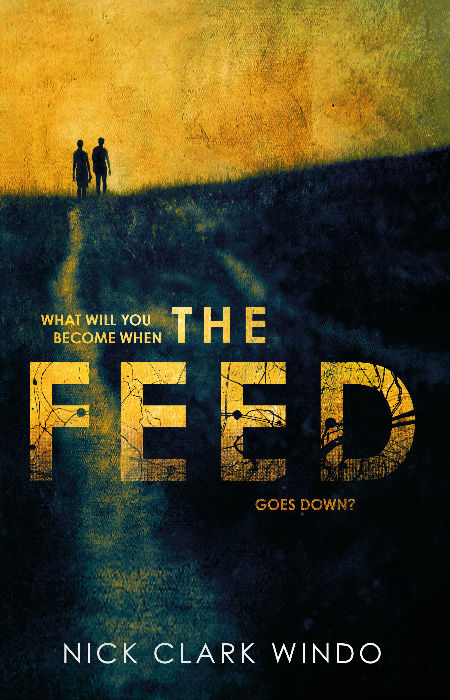
“The Feed, Nick Clark Windo’s brilliantly-chilling debut novel, is predicated on a simply though wholly terrifying idea – what if all knowledge, every last skerrick of understanding and know-how, every warm-and-fuzzy memory and emotional connection suddenly ceased to exist?
“What then? What would we do? How would we survive? And perhaps most importantly of all in this Oprah-Tony Robbins hyper-self-actualised age, who would we become?
“It’s a thought-provoking idea, one we can still entertain an answer to in our relatively-unconnected world, but in The Feed‘s non-specific but highly-advanced future where humanity is hardwired via connections in their brain to everyone else, and knowledge is a resource we access, not something we possess within ourselves, it is quite simply a matter of life-and-death when what can only be described as the internet on steroids suddenly ceases to exist, taking civilisation down with it.”
Here’s my full review of The Feed.
Sea of Rust by C. Robert Cargill
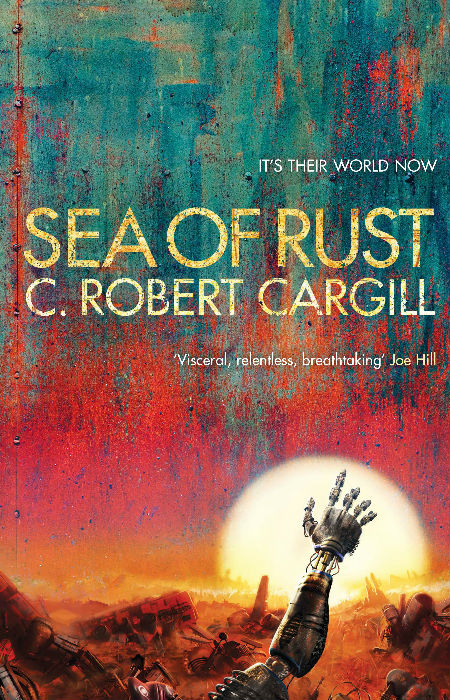
“The machines are coming to get us.
“That’s been the consistent message for years now from within the world of science fiction (Terminator et al) and without – surprisingly, one Elon Musk, champion of the future, being the standard bearer for this cause – and to be fair, acclaimed screenwriter and author C. Robert Cargil ( egs of his work) does nothing to dissuade from fearing the threat of runaway Artificial Intelligence (AI) in his emotionally-resonant, gripping novel Sea of Rust.
“In fact, as his vividly-told tale of post-human, all-AI and robotic future opens, the earth is without a single member of the species Homo Sapiens, felled without sparing in a frenetic, violently-quick war between man and machine that has left the world solely in the hands of the carriers of binary code.”
Here’s my full review of Sea of Rust.
One Hundred Days of Happiness by Fausto Brizzi
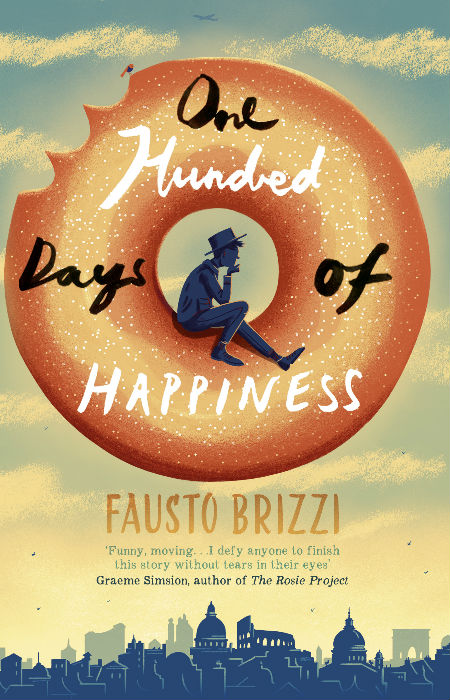
“Death is never treated as anything but a thieving implacable foe, but throughout this beautiful book that left me blubbering as a baby but immensely grateful that I went on this sparklingly honest journey with Lucio, you come to appreciate that you have a real choice should death come knocking far earlier than expected.
“You can either surrender to your mistakes, your losses and your failings and regret, or you do as Lucio does, imperfectly but he does them and that’s the critical thing, and you make what you can of those final months, weeks and days and suck every last piece of memory-creating, love-affirming marrow of experiences new and old, with humour, tears, truth and sobering insightfulness (and yes even some cheekiness) and go out with as victorious an exit as death will allow you.”
Here’s my full review of One Hundred Days of Happiness.
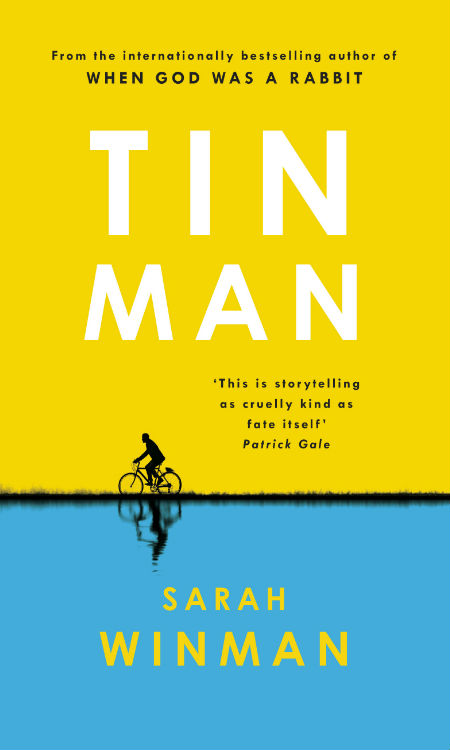
“[Winman] is one of the few writers I’ve encountered who can marry sublimely transportive, utterly lovely prose up with a warts-and-all account of life and have the two merge to create a wholly evocative and impacting whole.
“In that regard she mirrors many Scandinavian songwriters and singers who brings together the light of their upbeat, bouncy music with lyrics that cut to the quick, delivering truth and honesty in a package that belies its wrenching, touching contents.
“The thing is for all her realness, and there is a great deal on offer, Tin Man bubbles and percolates with hope, with possibility, with an affirmation, rousingly-delivered in the most whispered of ways, that life may be difficult, it may cause you great sadness and pain but that wrapped around that, in the present and in memories, is the sense that life offers up more than it takes away if only you can, like Ellis, remain awake and aware enough to see it.”
Here’s my full review of Tin Man.
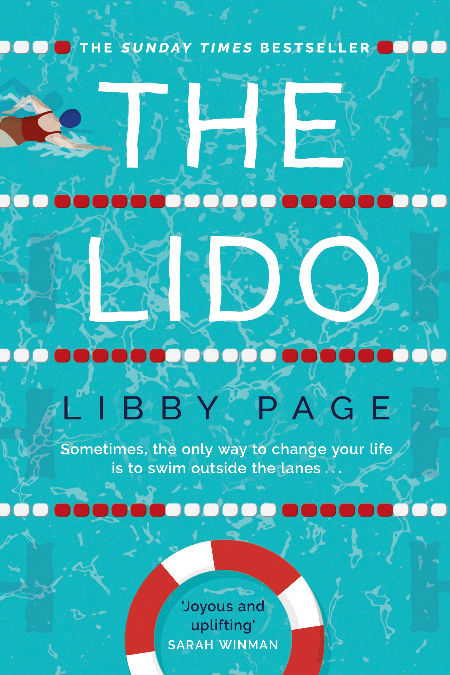
“We live in a world of constant change.
“That’s not a newsflash to anyone who’s paying even the smallest bit of attention to the fast-moving pace of the modern world, but if you compare it to the relative slow unfolding of history, where major innovations took decades to take effect, the way things change in the second decade of the twenty-first century is almost whiplash-inducingly rapid.
“Not everyone minds this of course; tech companies and building developers live and die on the basis on scarily-fast turnarounds, their bread-and-butter riding on the old giving way to the new with dizzying speed, but as Libby Page’s enchantingly heartfelt debut novel, The Lido (an outdoor pool in England, from the Italian for “beach”) not everyone else is similarly enamoured.”
Here’s my full review of The Lido.
The Toy Makers by Robert Dinsdale
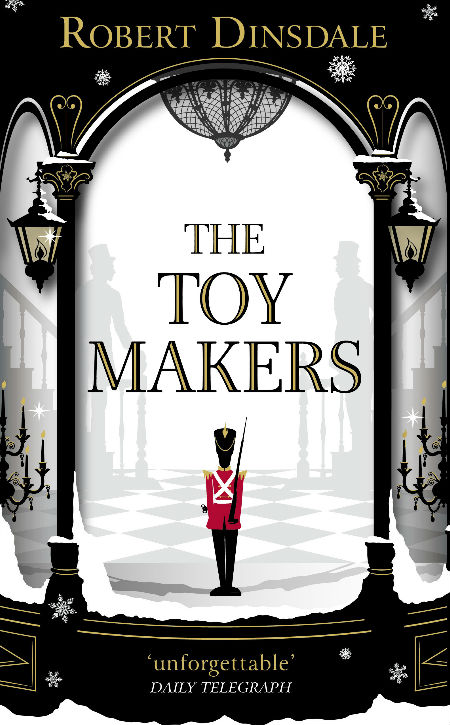
“Who hasn’t, at one time or another, wished for a little more magic in their lives?
“In Robert Dinsdale’s The Toymakers, there is fantastically magical realism in abundance but you end up questioning much of the time, even in a book as beautiful as this often but not always is, whether it has really done any of the characters, particularly young Cathy Wray, any real good.
“Cathy, pregnant at 15 and the shame of her family, decides to run away in 1906 to London rather than face losing her child to a nameless adoption; ending up, via an ad at the wonder and childlike fabulousness of the Emporium, an expansive toy shop like no other run by Papa Jack and his sons Kaspar and Emil, she comes to find herself intricately webbed into a new family who despite their best efforts are not as magical as their creations.”
Here’s my full review of The Toymakers.
The Seven Deaths of Evelyn Hardcastle by Stu Turton
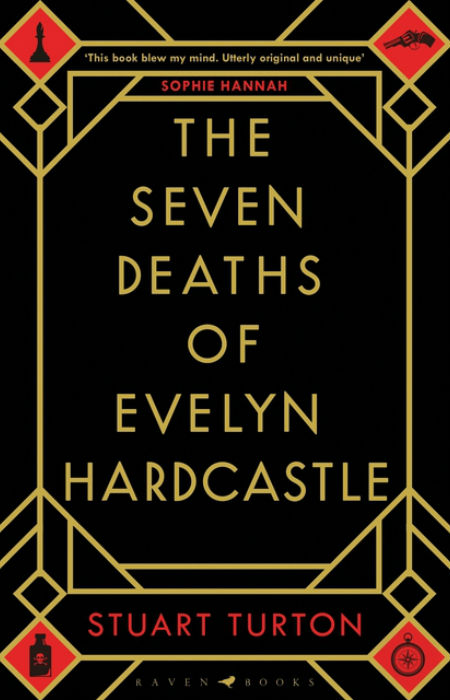
“As a lifelong avid reader, there have been several key moments in my reading journey when things have taken a quantum leap up to a whole other level.
“One of those times was around 11 or 12 when I was no longer as challenged by children’s novels as I had once been, and I was looking for something new, something meatier and more challenging to sink my reading teeth into.
“My dad came to the rescue, offering up his collection of Agatha Christie novels and I devoured all 66 in quick succession, glorying in the immersively dense and complex, and yet wholly accessible, air of mystery and suspense that each of the books possessed in spades.
“Until I came across Stu Turton’s masterful debut novel, The Seven Deaths of Evelyn Hardcastle, I had yet to find anyone else who delivered up quite the same level of engrossingly accessible complexity that Christie brought to her work.
“The delight of Turton’s exquisitely well-written, wholly original and wildly imaginative book is that it embodies the same sense of challenge that comes with Christie’s novels, that involving sense that you are the detective as much as the protagonist, in full possession of all the facts and racing to the same conclusion, hopefully at the same time.”
Here’s my full review of The Seven Deaths of Evelyn Hardcastle.
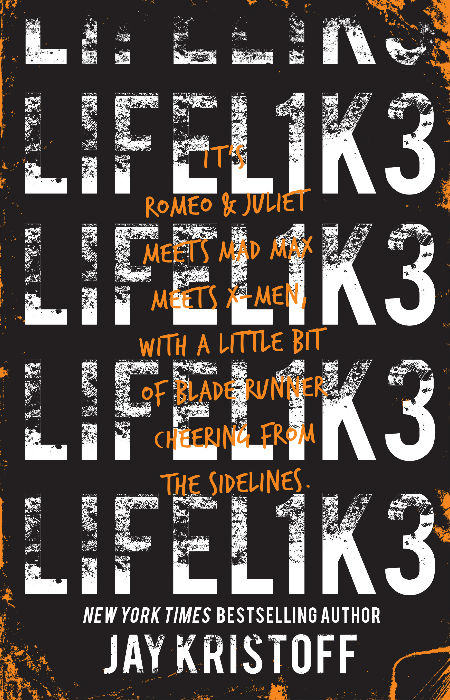
“When the cover of a book proclaims it’s Romeo & Juliet meets Mad Max meets X-Men with a little bit of Blade Runner cheering from the headlines” it’s either got a healthy sense of what makes it work so well or its hopelessly derivative and is hoping that bringing up all its influences at the get-go will distract you from the messy mishmash to come.
“Thankfully, Lifel1k3 by Jay Kristoff, is very much the former, undeniably influenced by the various plays and movies that it draws from but very much it’s own rabidly steampunky apocalyptic creation that swaggers and sways across the literary landscape with some gut punchingly good stops to smell the emotionally-resonant flowers along the way.
“This my friends is how you write a superbly gripping futuristic techno-thriller with all the dystopian rusted bells-and-whistles in a postmodern, info-rich world where it’s damn near impossible not to be exposed to a myriad of other peoples’ already thought-out and expressed ideas.”
Here’s my full review of Lifel1k3.
Days of Wonder by Keith Stuart

“Days of Wonder, the second book from Keith Stuart (A Boy Made of Blocks), is an inestimable joy from start to finish.
“The story of Tom and Hannah, a father and daughter who make a magically theatrical life for themselves in a small English town after wife and mother Elizabeth decides she is better off running a big company in Dubai than living out a more domestic role, this is one of those books that grabs you right from the first page with the simple, effervescent joy of its existence.
“That’s not to say it’s all beers and skittles and frothily giddy good times; there are all kinds of angst and challenges along its charming narrative length, but the central relationship between theatre manager Tom and comic book-loving, physically-ailing 15-year-old Hannah, two characters you will fall headlong in love with or you are a cold, dead piece of concrete, is a sustaining thing of beauty and realness that keeps you reading page after absorbing, affecting page.”
Here’s my full review of Days of Wonder.
The Psychology of Time Travel by Kate Mascarenhas
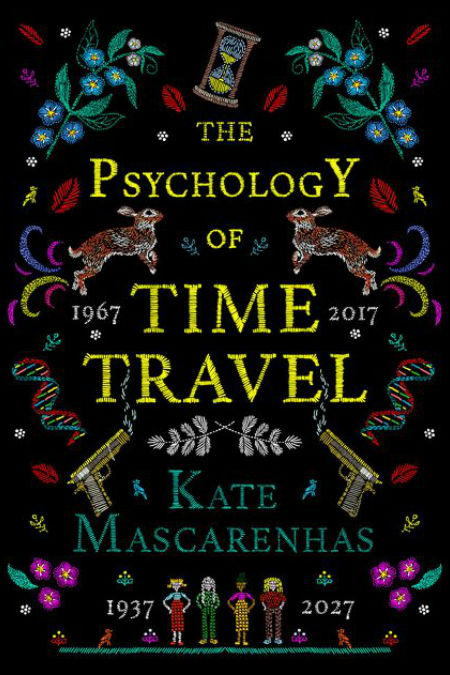
“There’s a certain romanticism attached to the idea of time travel.
“While stories as diverse as Back to the Future and H G Well’s The Time Machine have offered some darkly cautionary tales, and the idea of time paradoxes have caused anyone outside of pure physics a major headache trying to accommodate all the many contradictions inherent in the concept, we have clung doggedly (aided no doubt by Doctor Who which, though bleak at times, is also jolly good fun) to the notion that travelling through time travel is full of wonder and possibility.
“The Psychology of Time Travel by Kate Mascarenhas, herself a psychologist, does its best, in the midst of hugely-entertaining and deeply-thoughtful murder mystery that stretches across multiple time periods, to disabuse us of the idea that there is magic in that there time machine.”
Here’s my full review of The Psychology of Time Travel.
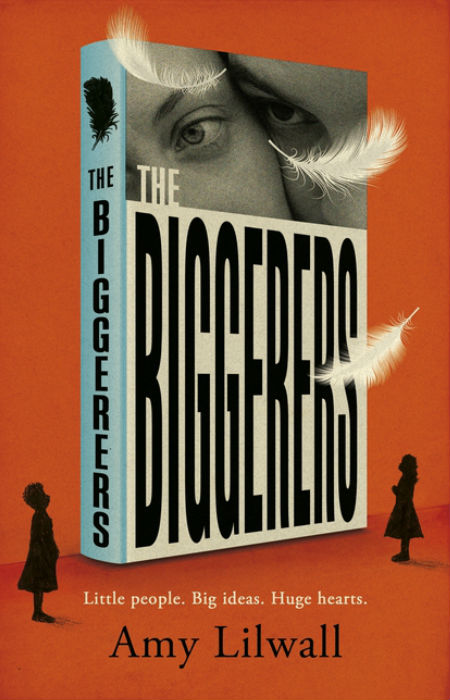
“If there’s one thing humanity has fund itself particularly adept at, and this is not a cause for blue ribbons or backslapping with gusto, it is placing itself on a gleaming pedestal and fancying itself as some sort of nature-ordering deity.
“You can trace that god-like fascination to religions like Christianity which place us, rather handily if you’re an avid, all-conquering 18th century colonial power or a capitalist bend on avariciously-using the world’s resources to your inestimable benefit, at the very centre of creation; or perhaps, we simply looked around a while back, saw no one else was grabbing tools or speaking with quite the alacrity we were, and erroneously concluded we were IT.
“Whatever the cause of our ample self-confidence as a species, we’ve ended up full of our own self-importance, a state of being which Amy Lilwall, beautifully and damningly, in prose that hides its damning iron fist of judgement inside a gorgeously-written velvet glove, explores in ways intimate and confronting in The Biggerers.”
Here’s my review of The Biggerers.
The Witch Who Courted Death by Maria Lewis
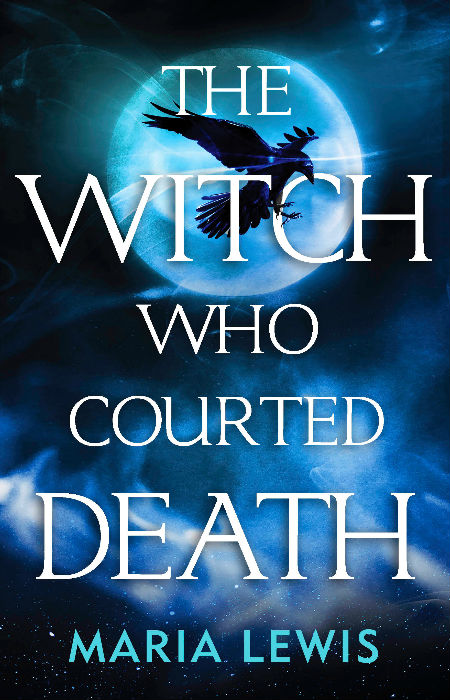
“Diving into a book by Australian author Maria Lewis is a guarantee that you will be plunged, with well-researched vigour, emotional resonance and palpable love and familiarity with the supernatural, into a world vary different from the everyday world we encounter.
“Each of her books to date, which incorporate magical realism, or fantastical elements into the “real” world, including Who’s Afraid?, Who’s Afraid Too? and It Came From the Deep have taken readers on extraordinary journeys, not only across place and time but far into the heart of her characters who aren’t simply tropes designed to serve the greater narrative good.
“Take the exquisitely-wonderfully named protagonist of The Witch Who Courted Death (the title drawn from the interactions between the lead character and a witch who enjoy a gloriously-complicated relationship), Korvossier von Klitzing, a German medium who since childhood, along with her brother archly-flamboyant twin brother Barastin, has been able to not simply see and communicate with the dead, but enter their realm and usher them off to their final eternal resting places.”
Here’s my full review of The Witch Who Courted Death.
Boy Swallows Universe by Trent Dalton
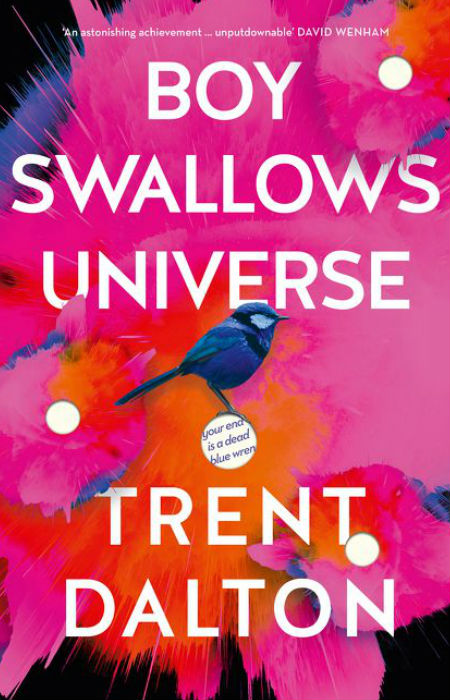
“If life had a damn good PR team, and it does in a way if you pay any attention to the glass-half-full, carpe diem, bluebird of happiness souls of the world, they would be constantly rabbiting on, with Hallmark-esque gleeful abandon about the limitless possibilities it offers.
“It’s a captivating idea, one that speaks to our wish fulfillment fantasies that if we just think it it will happen, that reaching out to grab what it is what we want pretty much guarantees our grasp will closely firmly around it, and life will be something we do, rather than is done to us.
“Of course, it’s never that simple – sorry Disney – and Trent Dalton’s luminously-poetic debut novel Boy Swallows Universe makes that very clear even as it rather magically suggests that perhaps, just perhaps, all those good things you long for might just come to pass if you believe strongly enough.”
Here’s my full review of Boy Swallows Universe.
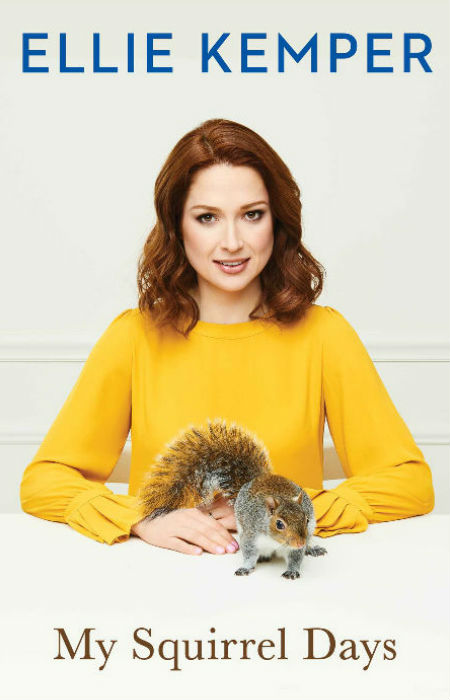
“Frankly, if many of the things that have happened to Kemper happened to you – a meeting with Tina Fey and husband Robert Carlock for Kimmy at little to no notice which goes surprisingly, but amusingly, well – you would be well within your rights to shout them from the rooftops.
“Which Kemper does but again, in a way that feels like a fun, conspiratorial chat, which, yes being the realist I am could mean she just listened to her agent and editor really well, or, and really this is just how it feels, like she just poured out her heart, wove in all kinds of jokes, hilarious oneliners and a healthily-down to earth sense of self, and gave, end of year exhaustive blues be praised, the kind of celebrity tome that actually feels, rather happily like you’re friends with the author and will no doubt be hearing from them again, any moment now.”
Here’s my full review of Squirrel Days.
The Light Between Us by Katie Khan
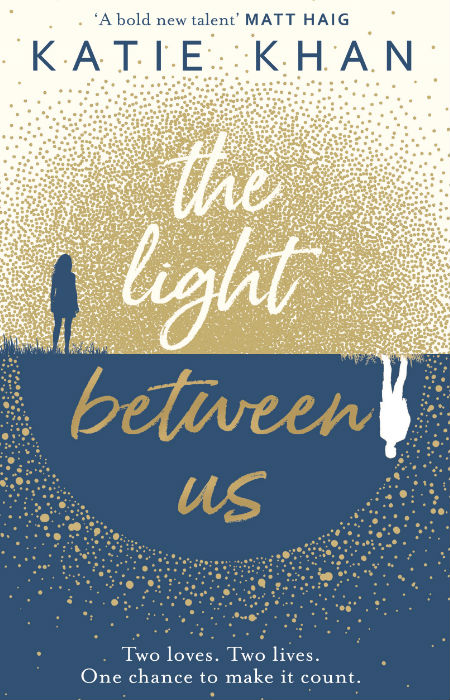
“‘Wuv, true wuv’, as the Impressive Clergyman in 1987’s classic The Princess Bride rather hilariously puts it, often tends to get short accurately-portrayed shrift in popular culture.
“Not in terms of how often it is featured, which is a considerable amount, dappled as it is in the many hues afforded by rose-coloured glasses, and frosted in sighs, oohs and aahs and more than the occasional “awwww”; rather, in how it is portrayed, as something effete and lovely (which, truthfully, it can be), powerful in one sense but ultimately a thing of romantic ardour only, instead of the far more truthful thing of towering and obstacle-moving commitment that knows no bounds, which is how Katie Khan (Hold Back the Stars) chooses to give it voice in her second triumphant novel, The Light Between Us.
“In this wholly transportive piece of writing that offers up fully-formed, engaging characters, a brilliantly evocative sense of time and place (and space) and friendship so staunch it weathers a host of problems that would defeat those not similarly-blessed, Khan offers up a muscular love that is giddy and heart-swelling when it needs to be, but which boldly flies in the face of convention and the theory of physics with the type of power only elicited by the complete giving over to someone else.”
Here’s my full review of The Light Between Us.
The Colour of Bee Larkham’s Murder by Sarah J. Harris
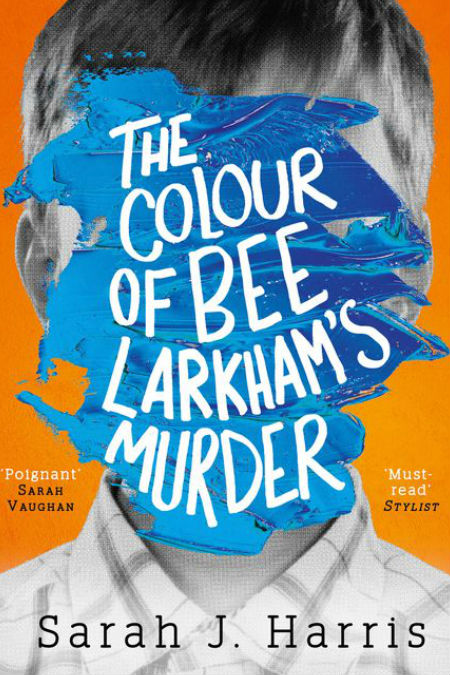
“Jasper Wishart is a remarkable 13-year-old boy.
“A child on the autism spectrum, he also has synaesthesia, a condition which joins one or more senses together, meaning that where we might just hear someone speaking, someone like Jasper both hears them and sees what they are seeing in various colours (or might taste it).
“He also has prosopagnosia, a neurological disorder which renders someone like Jasper unable to recognise peoples’s faces; it doesn’t matter how familiar you are to him or how many times he’s seen you, he can’t remember what you look like and must rely on telltale giveaways such the colour of glasses or a regularly watch or item of clothing (and if these change then he’s back to square one, a fact that is used effectively by the author in this novel).
“It’s an extraordinary mix and one that makes Jasper, the protagonist in The Colour of Bee Larkham’s Murder by Sarah J, Harris a wholly-captivating, utterly-unique young man who provides a perspective on the world many of us would have little to no familiarity with.”
Here’s my full review of The Colour of Bee Larkham’s Murder.
The Girl on the Page by John Purcell
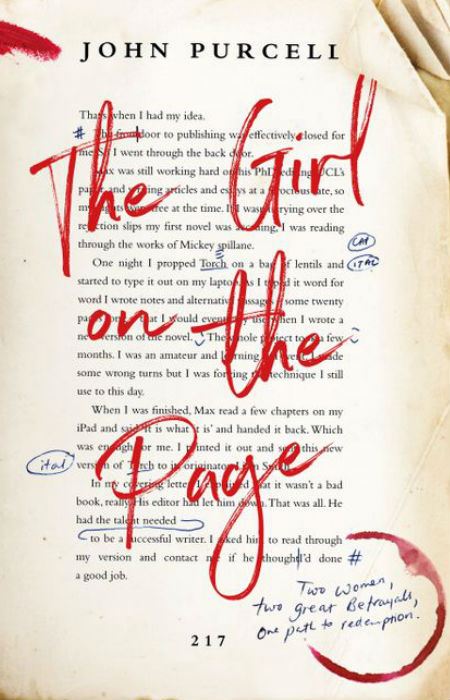
OOOO
Here’s my full review of The Girl on the Page.